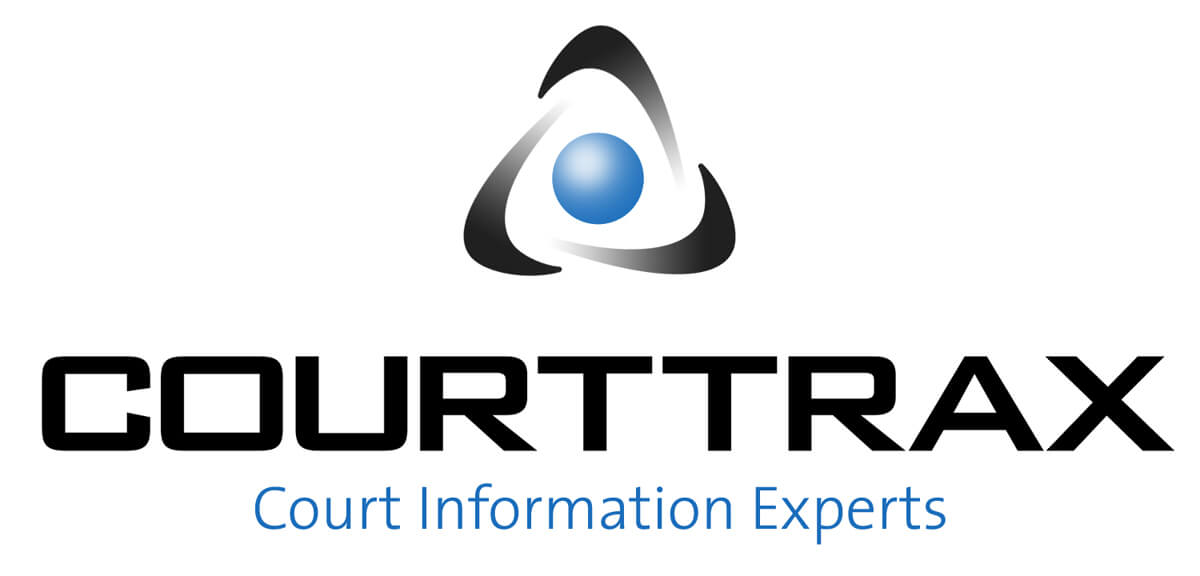Oregon Supreme Court Ruling Protects You from Your Own Garbage
The right to one’s privacy on their persons and in their houses, papers, and effects, against unreasonable searches and seizures is one of our most fundamental rights. But a question that has consistently challenged that right is: when does one’s discarded property cease being protected by privacy expectations?
That question has been settled in Oregon after the State’s Supreme Court recently ruled on a 2014 case involving a warrantless search of a suspect’s garbage. The evidence gained therein led to convictions for methamphetamine production.
From the Willamette Week:
“The court examined an issue which had come to it at least twice previously: whether such a seizure and examination of citizens’ garbage violated the citizens’ constitutional rights to privacy.
In a 6 to 1 decision, the court ruled that the Lebanon search was improper. That ruling changes the ground rules on how police obtain garbage in criminal cases and harks back to a high-profile dispute over the issue in Portland.
In 2002, Portland police seized and searched the garbage of a female Police Bureau officer suspected of illegal drug use. They sent one of her used tampons to the lab and after finding evidence of cocaine and meth, obtained a search warrant for her home. The search set off a legal skirmish and local officials defended PPB’s regular practice of what they called “garbage pulls.””
The Oregon Supreme Court full opinion can be found HERE.
If you have any questions about court record access in Oregon, or you would like to know about CourtTrax’s other products and services, please contact us at 866-643-7084 or customerservice@courttrax.com




